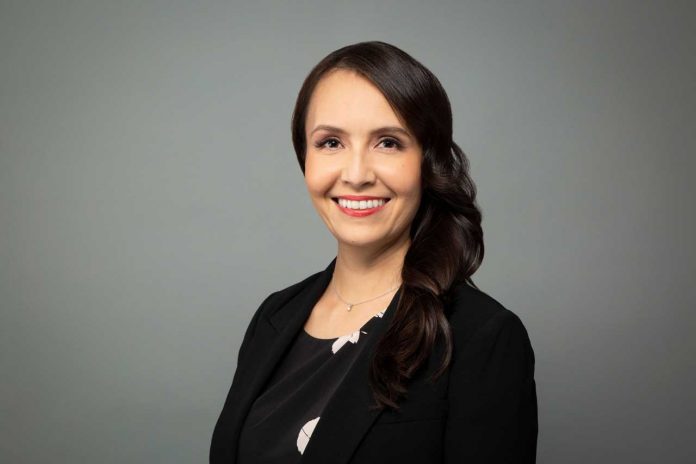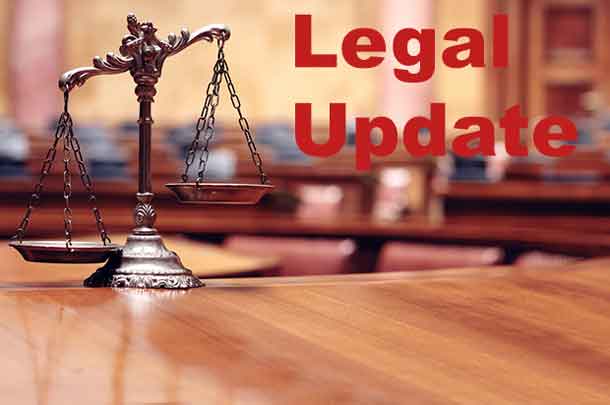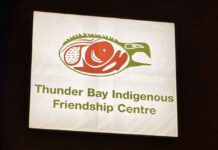International Attention on Indigenous Incarceration
GENEVA – Dene lawyer Jennifer Duncan is currently in Geneva, spearheading efforts in the run-up to Canada’s 4th Universal Periodic Review (UPR) Pre-Session. Her mission: to bring international awareness to Canada’s ongoing mass incarceration of Indigenous people. Duncan’s advocacy resonates with the BC First Nations Justice Council (BCFNJC), the BC Assembly of First Nations (BCAFN), the Union of BC Indian Chiefs (UBCIC), and Prisoners’ Legal Services (PLS), all of whom are calling for an end to the mass incarceration of Indigenous people as part of the United Nations’ examination of Canada’s human rights record.
International Attention on Indigenous Incarceration
Jennifer Duncan’s presence in Geneva symbolizes a growing international focus on the plight of Indigenous populations in Canada’s justice system. The UPR enables United Nations member states to scrutinize the human rights records of their peers, providing an invaluable platform to highlight issues of systemic importance. Canada’s UPR pre-session is scheduled for August 31, 2023, leading up to the review in Geneva set for November 2023 during the United Nations Human Rights Council meeting.
Alarming Statistics and Disproportionate Impact
The statistics surrounding Indigenous incarceration in Canada are deeply troubling. While Indigenous people constitute just 5% of the Canadian population, a staggering 32% of individuals in federal prisons are Indigenous. A particularly distressing statistic reveals that half of all women in federal prisons are Indigenous. Moreover, Indigenous individuals are more likely to spend extended periods in custody and are disproportionately exposed to the harshest aspects of prison, including solitary confinement. Tragically, they are also overrepresented in self-harm injuries and prison suicides. Legal provisions designed to enable Indigenous individuals to serve sentences within their communities are underfunded and seldom utilized.
The United Nations Review and Pre-Session
The UPR process is an opportunity for Canada to reevaluate its human rights record, with a particular focus on the treatment of Indigenous peoples within its justice system. The BCFNJC, BCAFN, UBCIC, and PLS are united in their call for Canada to allocate one-third of the Correctional Service Canada’s approximately $3 billion annual budget—equivalent to $1 billion annually—to Indigenous governments and organizations. This redirection of funds aims to facilitate the decarceration of Indigenous people in alignment with the United Nations Declaration on the Rights of Indigenous Peoples.
A Bold Call for Action from Indigenous Organizations
Kory Wilson, Chair of the BCFNJC, emphasizes that the current status quo is untenable and asserts that mass incarceration of Indigenous people constitutes a human rights crisis. The call is for all levels of government to engage in systemic changes that advance the First Nations Justice Strategy, ensuring the well-being, dignity, and security of Indigenous communities through a justice system rooted in traditional knowledge.
Seeking Self-Determination and Justice Reform
BCAFN Regional Chief Terry Teegee adds that the Canadian criminal justice system perpetuates violence against Indigenous communities, emphasizing the need to work with First Nations to establish self-determined approaches to wellness, community safety, and justice. With support from the international community, progress toward equity, respect, and dignity for all is attainable.
UBCIC Grand Chief Stewart Phillip contends that Canada’s prison system is outdated and racist, even qualifying as genocide under the Convention on the Prevention and Punishment of the Crime of Genocide. Phillip emphasizes that Canada must respect Indigenous rights in its prisons.
Jennifer Metcalfe, Executive Director of PLS, underlines the urgency of recognizing Indigenous self-determination and redirecting funding and authority to Indigenous governments and organizations to address violence and harm within the system. A dire example cited is that of Joey Toutsaint, a member of the Black Lake Denesuline First Nation, who endured over 2,180 days in solitary confinement and reported instances of encouragement to take his own life.
As Jennifer Duncan leads this advocacy effort on the international stage, it remains to be seen how Canada will respond to these pressing calls for reform, self-determination, and justice in support of its Indigenous populations.







